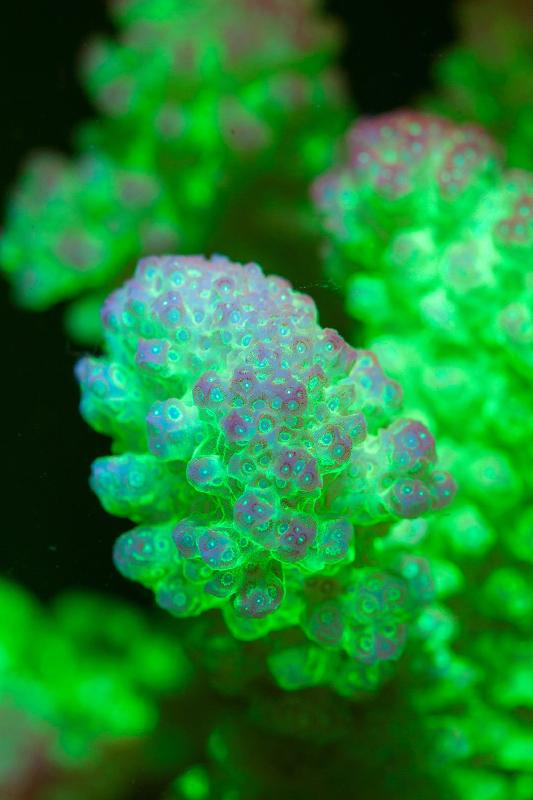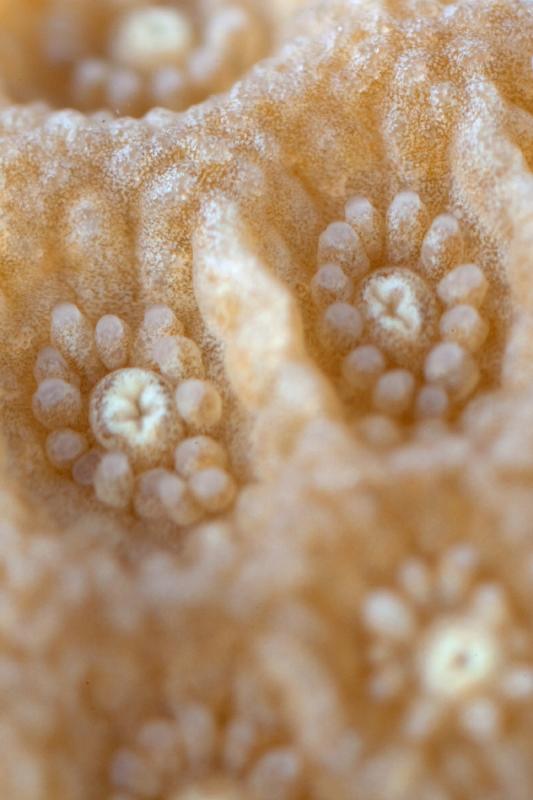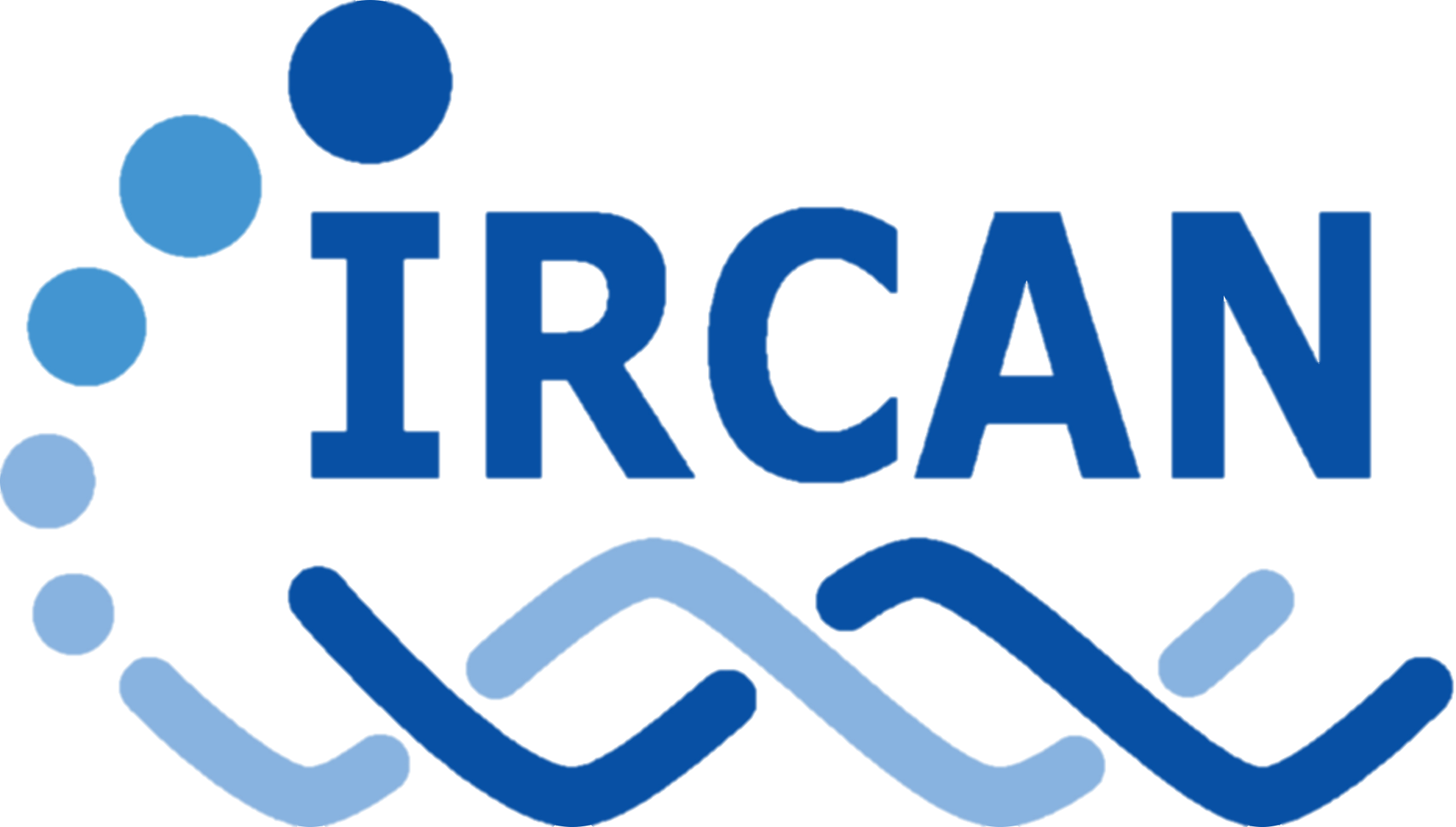Academy of Excellence "Territories, Environments, Risks and Resilience"
Development of innovative marine invertebrate culture systems for functional experimentation on stress response and the impact of the marine environment on human health.
Innovative functional exploration of corals to decipher the biological impact of environmental changes.
Academy 3 highlight
COREXPLORE provides an innovative means to determine, at the molecular level, the “effect of climate change, threats on corals and marine organisms,” that is, observing the origin of the phenomena. These data also serve as baseline for assessing the impact of global changes, including anthropogenic hazards, on the marine environment and on human health, that is, understanding the process at a mechanistic level.
The project
The first, core technical objective of the project was the implementation of new experimental equipment in a marine invertebrate facility, ANTIAGE. Overcoming the technical challenges of controlling temperature conditions in various large-volume marine aquariums that share the same water circuit was a primary goal of the project.
The second, scientific objective was to perform controlled heat-stress experiments on corals to assess their effects on telomere length (TL). Telomeres are the extremities of linear chromosomes that are essential to maintain genome stability, control cellular homeostasis and determine disease susceptibility. While telomere-length variation has been mostly associated with the aging process in humans, a few studies in mammalian animals have shown that deviations from the optimal temperature can also change telomere length. It is well known that heat waves can have major consequences for corals, inducing a bleaching event during which photo-symbiotic algae are expulsed by the animal, eventually leading to its death. Interestingly, our analyses of the reef coral sampled across the Pacific Ocean during the Tara-Pacific expedition suggest that the way telomeres are regulated by seasonal temperature is different between two coral species that share the same habitat but diverge in their longevity and stress resistance: the short-lived, stress-sensitive branched coral Pocillopora spp and the long-lived, stress-resistant massive coral Porites spp. While the TL appears longer in higher temperatures for Pocillopora spp, no correlation between TL and temperature was observed in Porites ssp.
In order to test the effects of thermal variations on TL under laboratory conditions, we acclimatized Porites and Pocillopora coral colonies in the maintenance system of the facility for several weeks, then transferred them into the experimental system. The conditions used were defined by the range of temperatures measured during the Tara-Pacific expedition and mimicking cold (20˚C, 23˚C), normal (26˚C) and warm (30˚C) conditions. The first results obtained from this experiment show a trend towards longer TL after one month in the high temperature aquarium (30°C) for Pocillopora colonies as was observed across the Pacific for this type of coral.


The +
We were able 1) to further develop and improve a unique marine invertebrate facility for functional exploration of stress resistance and longevity of cnidarians (corals, sea anemones) and 2) to validate under laboratory conditions, observations made in the field at the Pacific Ocean scale.
What’s next?
Combining the wealth of data obtained from the Tara-Pacific expedition, not only on TL but also other -omics data, with the data obtained from the laboratory experiments and from another cnidarian system that is suitable for genetic functional exploration within the ANTIAGE facility, the next step of the project will be to decipher the molecular mechanisms that drive the telomere-temperature relationship in cnidarians (corals, sea anemones).
Project information
|
Scientific domain
Marine ecology Environmental Sciences |
Key words Experimental platform Cnidarians Corals Climate change Telomeres analysis |
|
Total budget
€8,000 from Academy 3
|
Students involved
Romane Deshuraud (PhD) |
| PI Laboratory IRCAN - Université Côte d’Azur, CNRS, Inserm |
Project members Eric Röttinguer Alexandre Ottaviani Nadir Djerbi Florentin Remot |

Eric Röttinguer
IRCAN - Université Côte d’Azur, CNRS, Inserm

Aldine Amiel
IRCAN - Université Côte d’Azur, CNRS, Inserm

Eric Gilson
IRCAN - Université Côte d’Azur, CNRS, Inserm
Scientific promotion of the project
- 2022 Annual Celphedia meeting (réseau français),
- 2022 Séminaire annuel RESAMA (réseau aquacole français),
- 2023 Annual Tara Pacific Consortium meeting (réseau international),
- 2023 Table Ronde "Zootechnie Aquatique : nouveaux modèles, nouveaux outils et enjeux" (réseau Français).

















